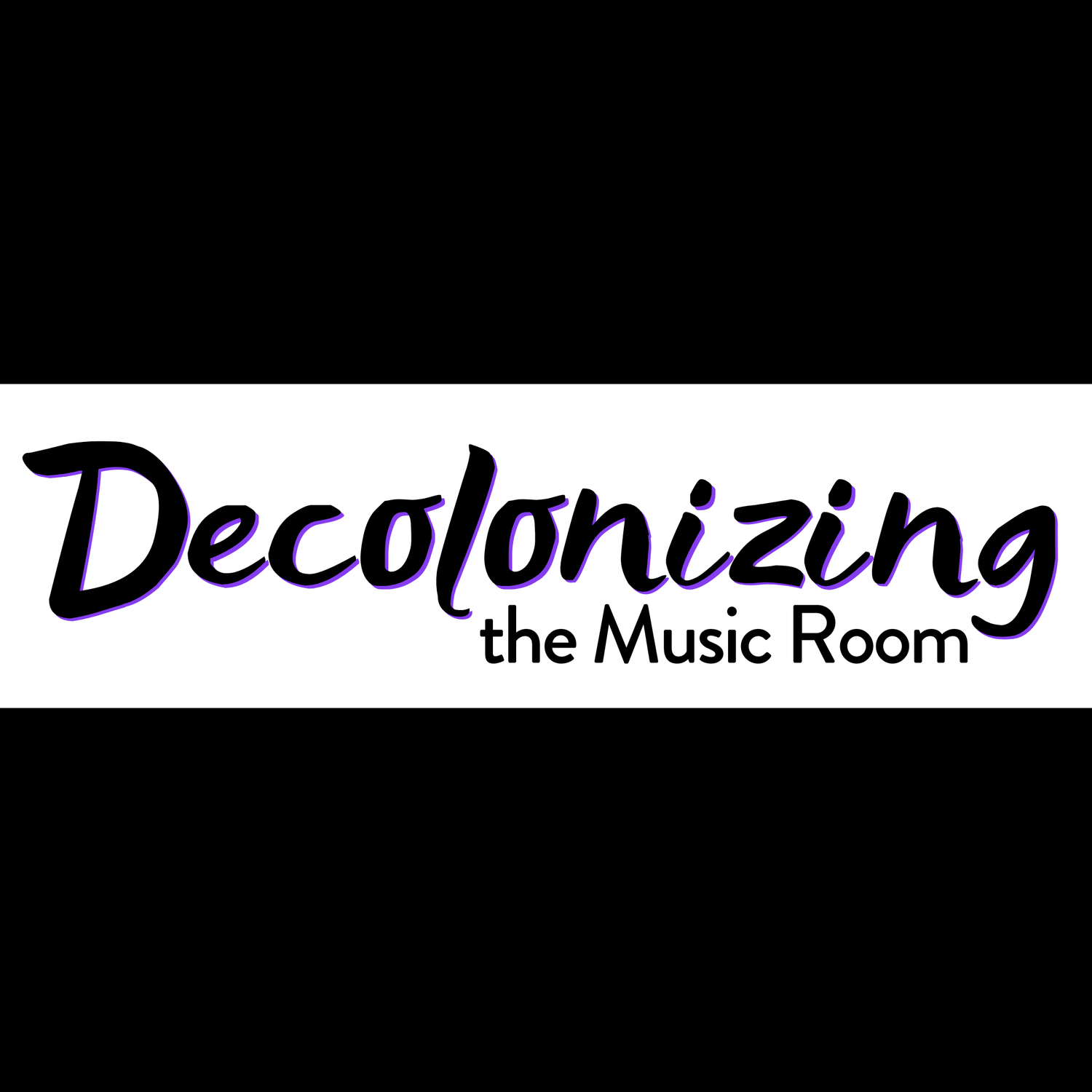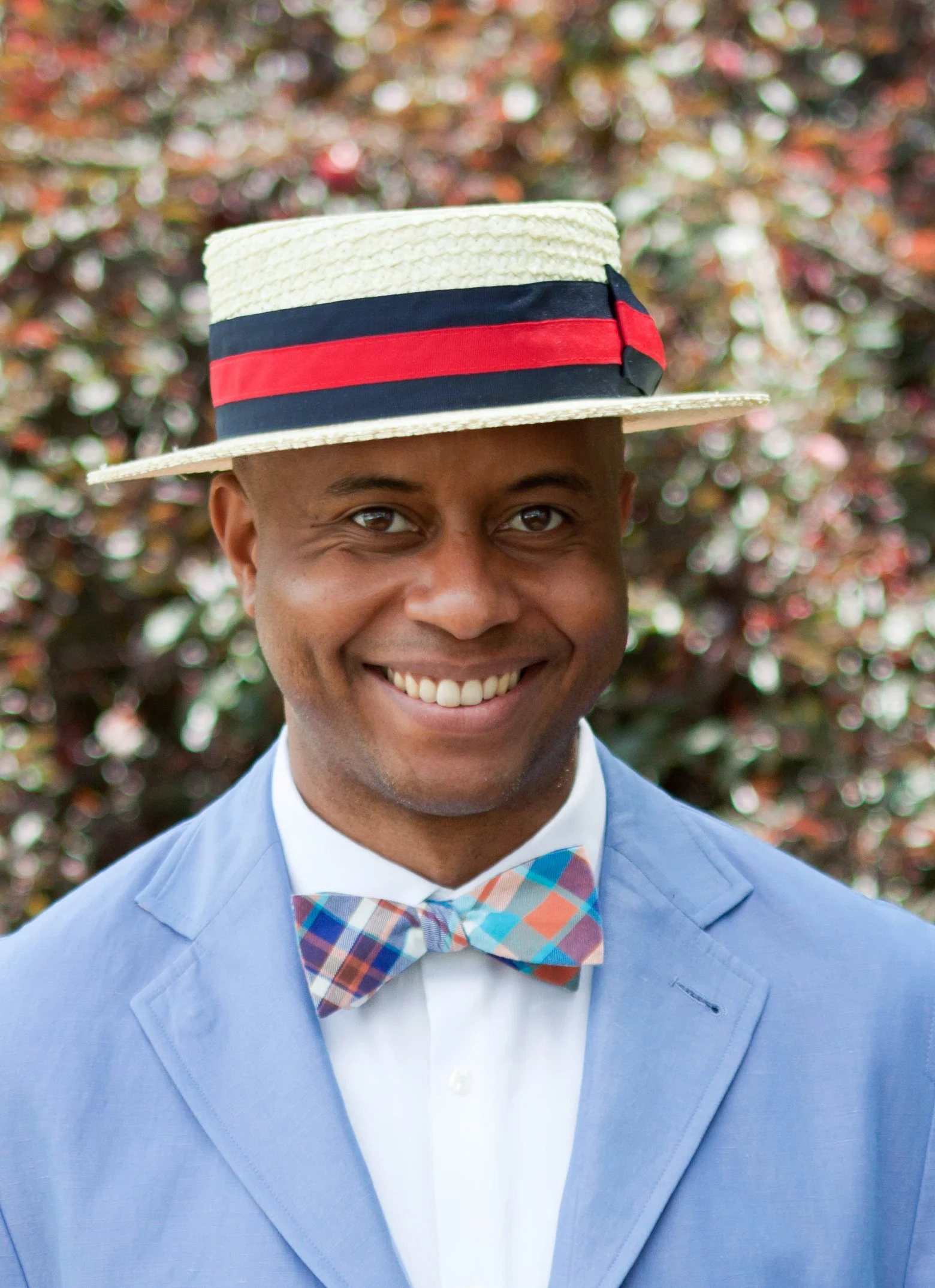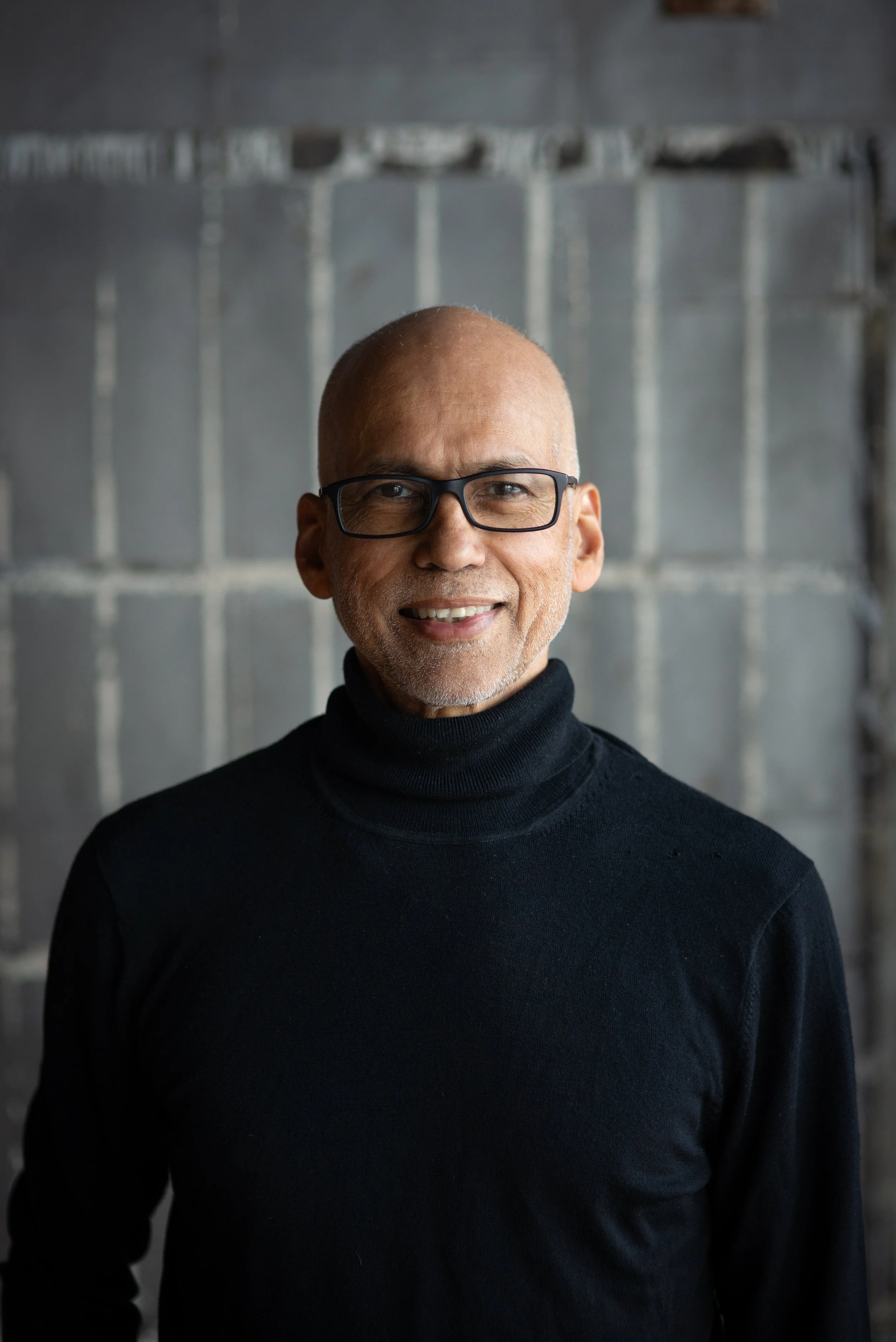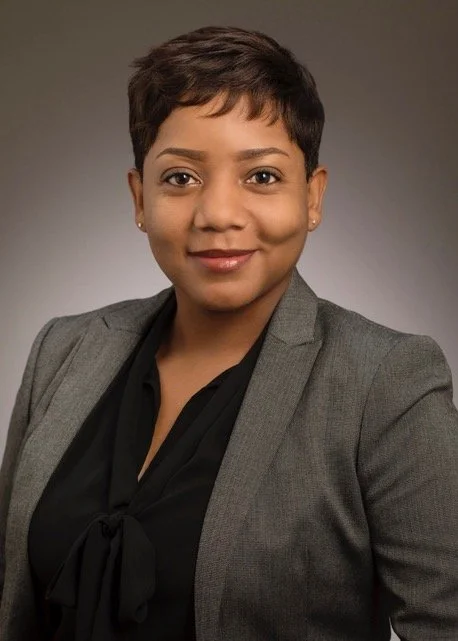Sessions
2025 Symposium Keynote Decolonization, Activism, & Hope: Remaining Grounded While Empowering A Future For All During This Critical Moment in Time
Brigetta Miller
This session will explore strategies to bravely honor our own story and ways of knowing through a contemporary interdisciplinary lens. The presenter will share creative ideas and real-life examples of how she has integrated issues of history, culture, and belonging in classrooms of all ages during this critical moment in time. Participants will have the opportunity to be engaged in Indigenous music-making and listening while also understanding the importance of keeping the four core values in traditional Indigenous teaching: relationships, respect, reciprocity, and responsibility as a framework. This session is designed for those interested in collectively empowering a brighter future for all students in their learning community.
The Ragtime Paradox
Daniel E. Atkinson, PhD
Ethnomusicologist Daniel E. Atkinson offers a fresh take on the lives and accomplishments of the “Vanguard Generation" of Afro-Americans who leveraged Black cultural products for profit and prestige between the close of the Civil War and the start of World War I. Gathered from digitized newsprint, recordings, film and other media from the beginning of the modern era for the historical biography from SUNY Press, The Rediscovery of George “Nash” Walker: The Price of Black Stardom in Jim Crow America, the contextual depth of this data enriches the historical record with previously lacking nuance that exemplifies the Black experience, the artistic hamster wheel of ubiquitous Black cultural influence, and perpetual secondary status of Black people in the United States.
Dr. André De Quadros
Throughout America, the rise of aggressive nationalism, heavily monitored boundaries, and expanded domestic surveillance has created a ruthless militaristic framework that treats immigrants, people of color, and critics as dangers requiring control or elimination. This presentation examines ways that artists, teachers, organizers, and community builders can leverage their work, moving beyond carceral logics, to challenge these oppressive systems. Rebellious actions go beyond mere opposition—they disrupt the routine operations of the militarized state while envisioning alternatives and fostering transformative hope through creative and collective endeavors that affirm existence, mutual support, and persistence. Using real-world examples from lived experience, this presentation positions musical practice as an essential form of civic engagement. Bridging anti-colonial and abolitionist frameworks, I explore: How might educational spaces be transformed through acts of resistance and compassion? What creative tactics can counter state policies of racialized rejection? And how could this underground organizing help us imagine different possibilities both within our classrooms and beyond?
Breaking Our Silence: How Musicking Can Disrupt the Choreography of State Violence
Dr. Joyce McCall
Within the last five years Americans have been inundated with blatant falsehoods about what critical race theory (CRT) is and is not through a growing network of U.S. right-wing politicians, social media outlets, and groups across the country. By repositioning CRT as a dangerous enterprise or simply put, the latest “boogeyman,” CRT critics have managed to enlist broad efforts toward deterring any teaching of CRT, eliminating discussions about race and racism, and subverting inclusion and diversity initiatives. Additionally, this network of anti-CRT supporters and practitioners suggest that CRT is being employed as a tool to make White people feel bad about themselves and their history while creating a new social order that positions them the subordinate race. Although some of us in academia have begun pushing back and against these false claims and attacks, in this this session, I argue that few attempts have been made in music education to address how the use and interpretation of CRT within our own spaces contribute to and help fund attempts to criminalize and dismantle CRT efforts, particularly those that seek to address and redress America’s racist past, present, and future. Situated within that of a blues, I detail CRT—what it is and what it ain’t, providing clear examples of both and their implications. The aim of this session is to highlight how CRT has been positioned in music education, encourage greater accountability of the use and interpretation of CRT, and instigate a field that is better informed and equipped to engage in the pursuit of justice.
What It Is and What It Ain’t: A Blues in the Key of Critical Race Theory
From Performative to Transformative: Reimagining Musical SEL for Today’s Students
Darlene Machacon
As social and emotional learning (SEL) gains more visibility in education, music classrooms are uniquely positioned to model meaningful, student-centered SEL practices. However, SEL is implemented in surface-level ways through one-off activities or token gestures, rather than as an integrated part of teaching. In this session, participants will explore how to move beyond “performative SEL” to Transformative SEL (TSEL) practices that center student voice, affirm cultural identity, and build emotional resilience through music. This session will unpack the nuances of SEL, address common misconceptions for music curriculum, and provide actionable strategies for embedding TSEL into music education in ways that are authentic, equitable, and sustainable.






